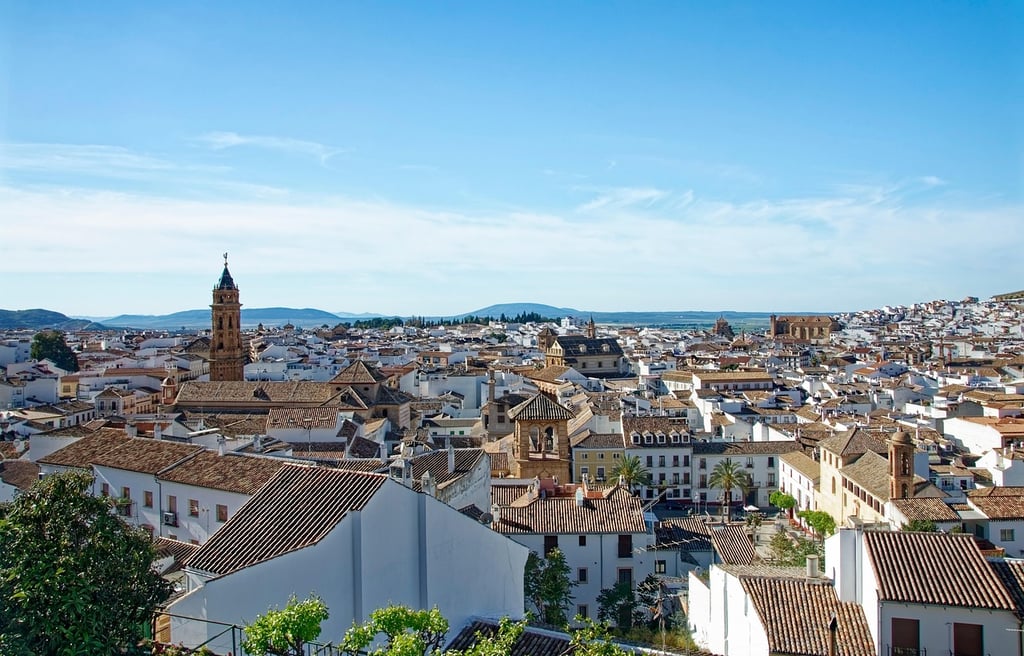Key Facts about Antequera, Spain
Antequera is often called the “heart of Andalusia” for its strategic location and cultural treasures. From prehistoric dolmens and Moorish fortresses to Renaissance churches and natural wonders like El Torcal, the town is a tapestry of history and landscapes. Add in delicious Andalusian cuisine and warm hospitality, and Antequera becomes a must-visit for travelers exploring southern Spain.
9/8/20251 min read


Location
Antequera is a historic town in the province of Málaga, Andalusia, southern Spain, situated at the crossroads between Seville, Córdoba, Granada, and Málaga.
Known for
Its rich cultural heritage, prehistoric Dolmens (UNESCO World Heritage), Moorish Alcazaba, and proximity to the El Torcal Natural Park with unique karst landscapes.
Best Time to Visit
Spring (April–June): Perfect for sightseeing and nature hikes.
Autumn (September–October): Warm, pleasant weather and fewer tourists.
Summer (July–August): Hot but lively, with cultural events.
Local Language
Spanish (Castilian).
Currency
Euro (€).
Getting There
By car: About 45 minutes from Málaga, 1 hour from Granada, and 1.5 hours from Seville.
By train: High-speed AVE trains connect Antequera with Málaga, Córdoba, and Madrid.
By air: Closest airport is Málaga-Costa del Sol Airport (60 km).
Top Attractions
Dolmens of Antequera: Prehistoric megalithic tombs (Menga, Viera, and El Romeral).
Alcazaba of Antequera: Moorish fortress overlooking the town.
Colegiata de Santa María la Mayor: Renaissance church and architectural landmark.
El Torcal de Antequera: Dramatic limestone formations and hiking trails.
Laguna de Fuente de Piedra: A natural reserve famous for flamingos.
Museo de la Ciudad de Antequera: Exhibiting archaeology, art, and local history.
Local Specialties
Porra Antequerana: A cold tomato-based soup, thicker than gazpacho.
Mollete de Antequera: A soft bread roll often eaten for breakfast.
Chivo a la Pastoril: Goat stew prepared with local herbs.
Olive oil & tapas: Central to local gastronomy.
Notable Events
Semana Santa (Holy Week): Traditional processions with great cultural importance.
Romería de la Virgen de la Cabeza (spring): Pilgrimage with music and festivities.
Antequera Fair (August): Lively summer celebrations with flamenco, food, and concerts.
Contact us
Copyright © 2025. Ralnoscape All rights reserved.
Destinations
Resources


Follow us
This website uses affiliate links which may earn a commission at no additional cost to you
